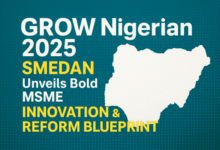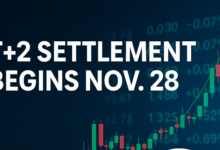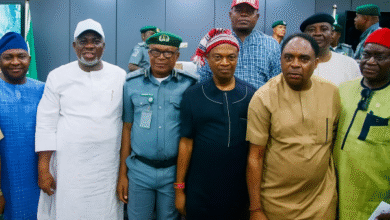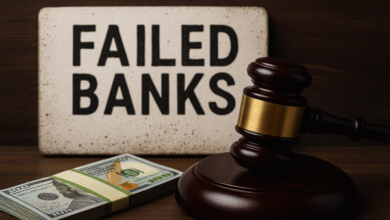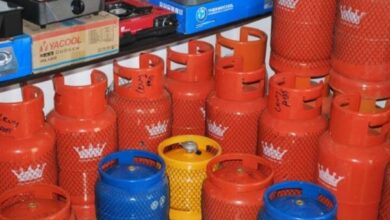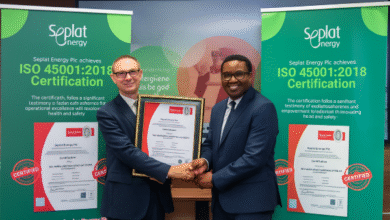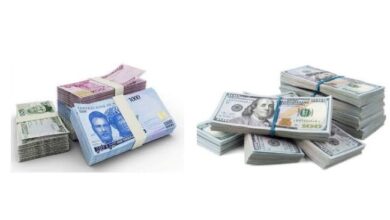Maxitrust, NAMB, Water.org Launch ‘MAXI-WASH’ to Drive Clean Water and Sanitation Financing
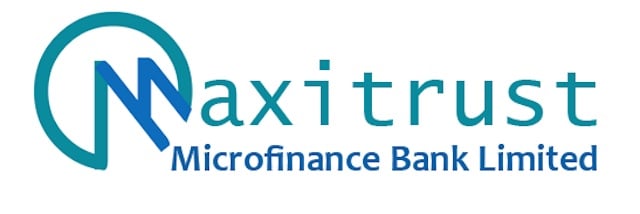
Revolutionizing Microfinance for Social Impact
In a bold move that blends finance with human development, Maxitrust Microfinance Bank Ltd (MfB) has unveiled its latest flagship initiative — MAXI-WASH, a purpose-driven funding facility designed to promote access to clean water, sanitation, and hygiene (WASH) in Nigeria.
The innovative product, developed in partnership with Water.org and the National Association of Microfinance Banks (NAMB), marks a major milestone in the microfinance sector’s shift toward social impact and sustainable living.
A Financial Innovation Rooted in Dignity and Sustainability
Speaking at the unveiling in Abuja, Alhaji Idris Abdullahi, Managing Director of Maxitrust MfB, described MAXI-WASH as “more than a loan product — it’s a social mission.”
“Through MAXI-WASH, we are empowering households, schools, and communities to access clean water, build toilets, water storage systems, and handwashing facilities,” Abdullahi said.
“This initiative is a commitment to health, dignity, and sustainable living — fully aligned with the United Nations Sustainable Development Goal 6 (Clean Water and Sanitation).”
The managing director emphasized that the initiative reflects the bank’s vision of inclusive finance with measurable social outcomes, combining access to credit with access to safe water and sanitation infrastructure to build healthier and more productive communities.
Abdullahi also acknowledged Water.org’s technical expertise and NAMB’s institutional support, noting that collaboration remains key to achieving scalable, life-changing impact.
“Finance must go beyond numbers; it must transform lives,” he added.
NAMB and Water.org: Collaboration for National Impact
Reinforcing the significance of the partnership, Mr. Mohammed Idris, National Treasurer of NAMB, said the launch of MAXI-WASH highlights how strategic collaborations between financial institutions and global development partners can accelerate progress in Nigeria’s WASH (Water, Sanitation, and Hygiene) sector.
“This initiative is a crucial step toward ending open defecation, ensuring access to clean water, and improving public health across communities,” Idris said.
“It shows how microfinance can be used as a powerful lever for national development.”
Similarly, Gilbert Okopon, Senior Partnership Account Officer at Water.org, applauded Maxitrust for its commitment to financial inclusion and human dignity.
“Access to safe water and sanitation is not a privilege but a right. With MAXI-WASH, families can now invest in health and a better future,” he noted.
“We’re breaking financial barriers and building systems that place clean water within everyone’s reach.”
Finance as a Catalyst for Social Transformation
Mr. Ugo Ejim, Chairman of the Board of Maxitrust Microfinance Bank, described MAXI-WASH as a practical demonstration of finance as a tool for social transformation.
“Our board remains committed to products and partnerships that create real impact. MAXI-WASH reflects Maxitrust’s vision of combining innovation, inclusion, and community development,” he said.
Ejim emphasized that the initiative aligns with the bank’s broader goal of creating shared prosperity through purpose-driven lending, and urged other financial institutions to develop similar impact-finance models.
BRANDECONOMY ANALYSIS: Microfinance Meets Sustainable Development
The launch of MAXI-WASH represents a paradigm shift in how microfinance institutions approach social lending in Nigeria. Traditionally focused on enterprise financing, microfinance banks are now emerging as key players in environmental health and sustainable development financing.
By targeting the WASH sector, Maxitrust MfB is aligning financial inclusion with public health, climate adaptation, and women empowerment, since access to clean water disproportionately impacts women and children.
BRANDECONOMY analysis highlights that the WASH financing gap in Nigeria exceeds ₦1.5 trillion annually, with over 60 million Nigerians still lacking access to safe water. Innovative models like MAXI-WASH could unlock new funding flows for impact-driven infrastructure projects through micro-lending and social capital mobilization.
“MAXI-WASH shows that the future of banking in Africa is not just digital — it’s developmental,” our analysis concludes.
“By monetizing dignity and access, Maxitrust is redefining what responsible banking looks like in the 21st century.”
A Blueprint for Inclusive Growth
The MAXI-WASH initiative signals a new phase for Nigeria’s microfinance industry — one where financial empowerment and human development intersect.
By enabling families, schools, and small businesses to finance clean water and sanitation projects, Maxitrust MfB is helping to build the foundation for a healthier, more equitable, and economically productive nation.
“Finance must serve people,” Abdullahi said, “and when it does, development becomes inevitable.”



